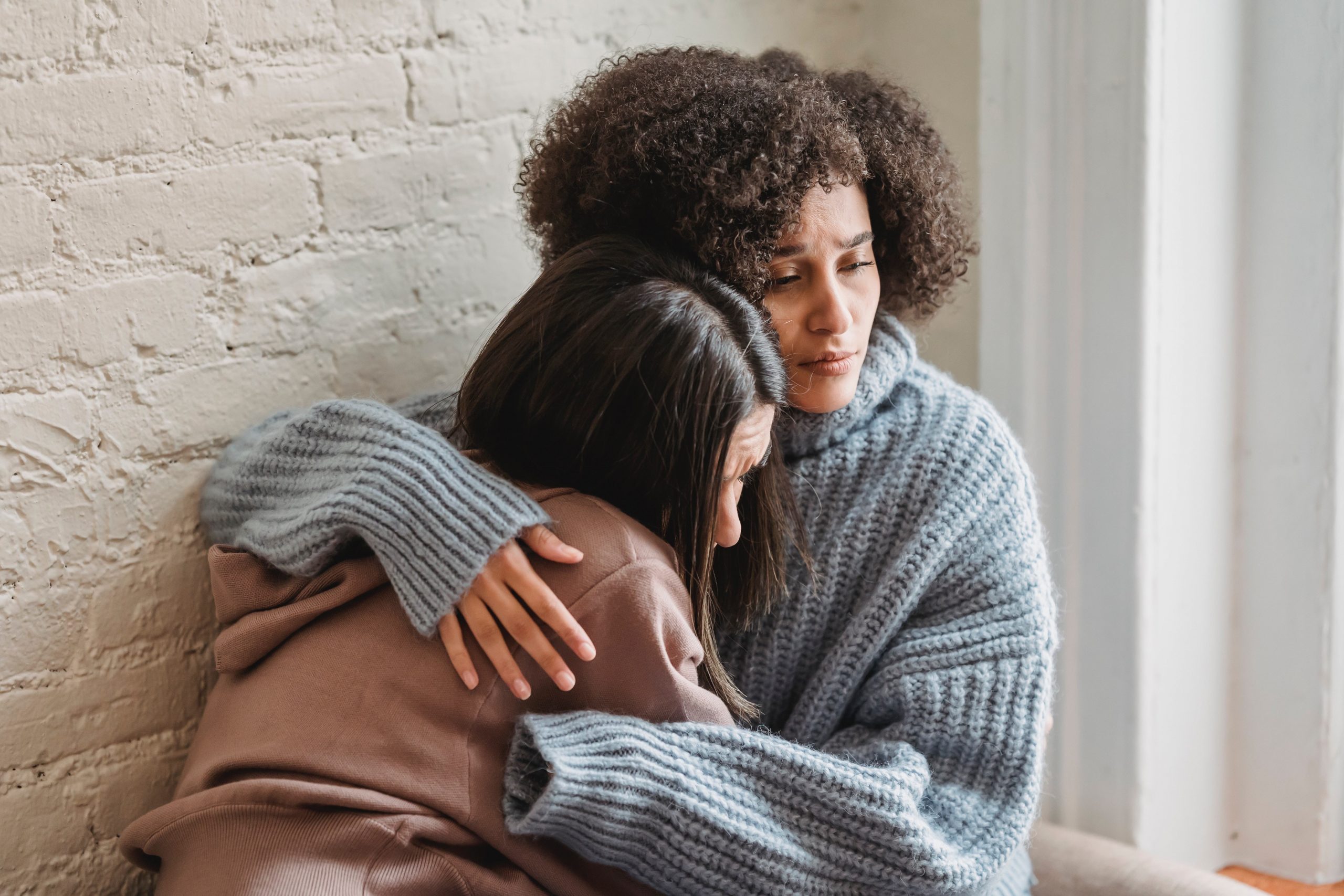With time the pain eases, the body recovers and the brain figures out new ways to go on
Federico Chini
If life feels difficult or even unbearable after a loss, we’re here for you.
Grief is a complex state for everyone. It comes with sadness, guilt, anger, frustration, and many other emotions that can hit you like a tsunami at the most unexpected times.
But worst of all, it makes us feel helpless. Processing the permanence of loss is the hardest challenge, and it will take a lot of time to deal with.
40% of grievers meet the criteria for major depression one month after their loss, and 24% still meet the criteria after two months.
The Recovery Village
There’s no simple solution to living with grief, but there are coping mechanisms we can employ to make ourselves feel better.
4 Things To Remember When Coping With Grief
Losing a loved one is one of life’s hardest experience. The fact that grief doesn’t follow a linear path makes it even more difficult. Strong emotions often arise out of nowhere, making us feel like we’ve taken several steps back after we’ve taken one step forward.
There isn’t a single way to overcome grief, but there are a few things you can keep in mind that will help you feel better as you navigate your journey.
1. Your emotions aren’t permanent
It may seem like you’ll never be able to pick yourself back up, but that’s not the case. Think of grief as a wave that constantly crests and falls. If you’re feeling particularly down, you’re just on the crest and it will fall back down before you know it.
2. Think of your grief stages as cycles instead of lines
We’re often told that grief comes in stages. As humans, we’re used to being told to follow a path or a line. This makes navigating emotions like grief very difficult, because as we know, grief is not a linear process. Allow yourself to pass through the cycles as they meander and curve through varying levels of intensity.
3. Know that your emotions are valid
Everyone reacts to grief differently, which is why you should take advice from friends and family with a grain of salt. You likely have different feelings and coping mechanisms, so do what feels right for you. Allow yourself to feel all the emotions that come your way, whether it’s anger, sadness, or even relief.
4. Grief can help you find a deeper meaning
Grief is something that you live with, not something that you get over. It’s a natural continuation of love – even though someone may not physically be with you anymore, they will always be in your heart. Grief helps us reflect on the things that matter most, so that we can find new ways to honor the people that we love.
Discover sources of meaning that will help you live with grief. These are the things that will get you out of bed, even when you’re feeling pain. You may choose to continue a mission or pursuit that your loved one was committed to, or simply practice a hobby that they loved. Finding and practicing these sources of meaning will help you discover the person you truly are when life becomes especially challenging.
Finally, be kind to yourself. Coping and living with grief is never easy. Give yourself plenty of time for self-care and remember that you’re not alone. Don’t be afraid to reach out for help when you need it.






















0 Comments for “You’re Not Alone: What To Remember When Navigating The Grief Cycle”